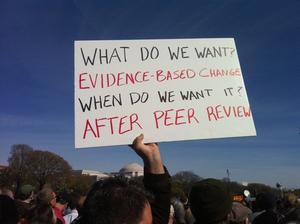.jpg)
.png)
.jpg)
Chicago, IL (USA)
The last two weeks have been a whirlwind of activity here in Chicago. First, the “Advanced Intensive.” Next came the annual “Training of Trainers.” Each week, the room was filled to capacity with practitioners, researchers, supervisors, and agency directors from around the globe receiving in-depth training in feedback-informed practice. It was a phenomenal experience. As the video below shows, we worked and played hard!
Already, people are signing up for the next “Advanced Intensive” scheduled for the third week of March 2013 and the new three-day intensive training on FIT supervision scheduled for the 6-9th of August 2013. Both events follow and are designed to complement the newly released ICCE FIT Treatment and Training Manuals. In fact, all participants receive copies of the 6 manuals, covering every detail of FIT practice, from the empirical evidence to implementation. The manuals were developed and submitted to support ICCE’s submission of FIT to the National Registry of Evidence Based Practices (NREPP). As I blogged about last March, ICCE trainings fill up early. Register today and get the early bird discount.





